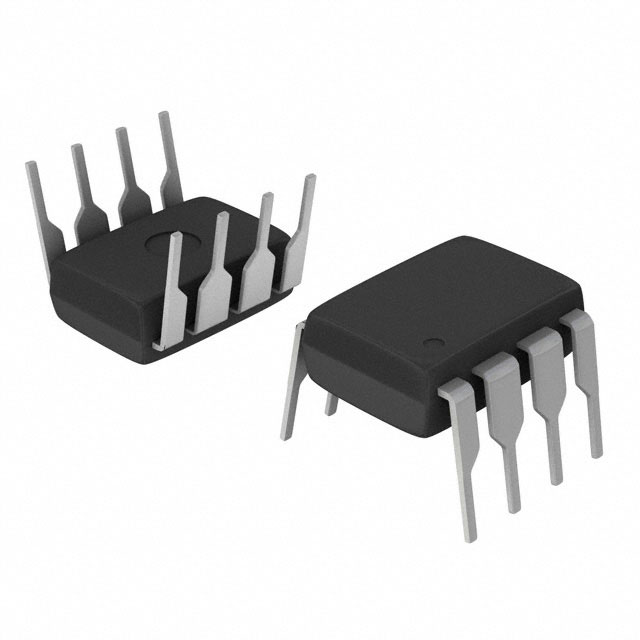UC2902N
Texas Instruments (TI) Also known as: Burr-Brown, Chipcon, Comlinear, Luminary Micro, Power Trends, Unitrode
Category: SR & load share controllers
Description: 20V load share controller, -40øC to 85øC 8-PDIP -40 to 85
Avg. Price $8.57 | Auth QOH 3,412 | Ind QOH 16,916
Part Status: Obsolete
Lead Time: No lead time information available
| Distributor | Disti# | RoHS Status | Pkg. | Stock (as of) | Price | |||
|---|---|---|---|---|---|---|---|---|
| DigiKey | 296-34730-5-ND | ROHS3 Compliant | Tube | On Order | 1 $4.4692 | BUY | ||
| 2156-UC2902N-ND | ROHS3 Compliant | Bulk | 3,212 | 1 $4.44 | BUY | |||
| Mouser Electronics | 595-UC2902N | RoHS Compliant | TUBE | 200 | 1 $9.41 10 $7.05 50 $6.72 100 $4.22 500 $4.21 3K $3.97 | BUY | ||
| AICHIPLINK LIMITED | 2,000 | QUOTE | ||||||
| Microchip USA | unknown | IC LOAD SHARE CONTROLLER 8DIP | 230 | 1 $28.86 10 $28.86 100 $28.86 | BUY | |||
| Shenzhen Shengyu Electronics Technology | UC2902N | 11,519 | QUOTE | |||||
| Verical an Arrow Division | 86041788 | Compliant | In Stock | 1,178 | 71 $5.3375 100 $5.075 500 $4.8 1K $4.5375 10K $4.275 | BUY | ||
| 86034811 | Compliant | In Stock | 611 | 71 $5.3375 100 $5.075 500 $4.8 1K $4.5375 10K $4.275 | BUY | |||
| 86052036 | Compliant | In Stock | 78 | 71 $5.3375 100 $5.075 500 $4.8 1K $4.5375 10K $4.275 | BUY | |||
| 86040450 | Compliant | In Stock | 1,300 | 71 $5.3375 100 $5.075 500 $4.8 1K $4.5375 10K $4.275 | BUY | |||
Detailed information:
The UC2902 load share controller is an 8-pin device that balances the current drawn from independent, paralleled power supplies. Load sharing is accomplished by adjusting each supplies’ output current to a level proportional to the voltage on a share bus. The master power supply, which is automatically designated as the supply that regulates to the highest voltage, drives the share bus with a voltage proportional to its output current. The UC2902 trims the output voltage of the other paralleled supplies so that they each support their share of the load current. Typically, each supply is designed for the same current level although that is not necessary for use with the UC2902. By appropriately scaling the current sense resistor, supplies with different output current capability can be paralleled with each supply providing the same percentage of their output current capability for a particular load.
A differential line is used for the share bus to maximize noise immunity and accommodate different voltage drops in each power converter’s ground return line. Trimming of each converter’s output voltage is accomplished by injecting a small current into the output voltage sense line, which requires a small resistance (typically 20 Ω to 100 Ω) to be inserted.
A differential line is used for the share bus to maximize noise immunity and accommodate different voltage drops in each power converter’s ground return line. Trimming of each converter’s output voltage is accomplished by injecting a small current into the output voltage sense line, which requires a small resistance (typically 20 Ω to 100 Ω) to be inserted.
